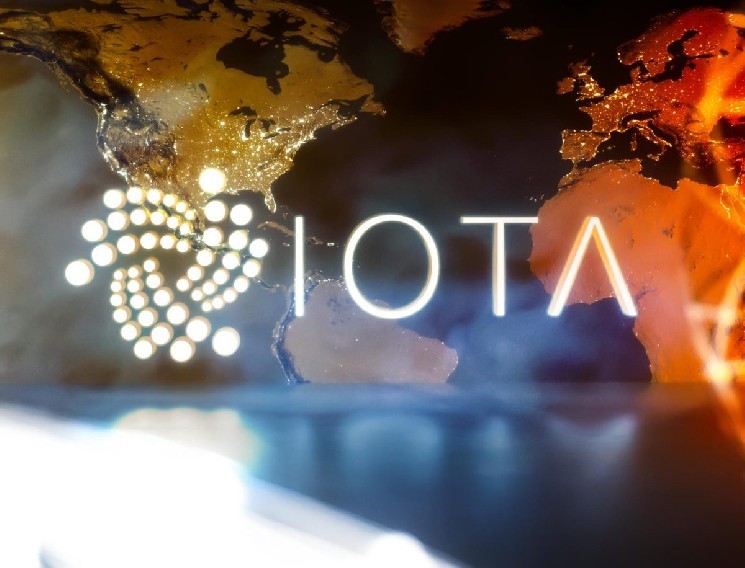- IOTA has earned its place in the Global Blockchain Business Council 2025 Handbook.
- This recognition highlights IOTA’s TWIN as an example of blockchain in action, transforming global trade infrastructure.
The Global Blockchain Business Council (GBBC)is a nonprofit that brings together leaders from the blockchain, digital assets, and emerging tech sectors. Recently, GBBC released the 2025 edition of its 101 Real-World Blockchain Use Cases Handbook. Why is this important? It’s a practical, educational guide that is meant to help policymakers, regulators, and global organizations understand how blockchain is being applied.
It represents over 500 institutional members and nearly 300 ambassadors across 124 countries and industries. It highlights real-world projects, case studies, and solutions that are already making a tangible impact. Being featured in this handbook is a major recognition; it means a project is trusted and effective in the real world.
IOTA and TWIN
Trade and Transport Information Network (TWIN) is a collaborative blockchain-based initiative aimed at making trade processes simpler, more transparent, and more efficient. It runs on the IOTA distributed ledger protocol. Thanks to its automated data exchange through REST APIs, TWIN has already shown impressive results, cutting export and import processing times and costs by 20% to 50%.
GBBC explained that, “Built for interoperability, TWIN adheres to global data models and technical standards, ensuring compatibility with industry systems and
regulatory frameworks.”
Six major organizations support this project. The IOTA Foundation provides the underlying blockchain technology, offering a feeless, scalable, and secure distributed ledger that’s ideal for real-time, low-cost data and value transfers. TradeMark Africa (TMA), a leading aid-for-trade organization, focuses on reducing trade barriers across Africa.
The World Economic Forum plays a of bringing its expertise in global policy and making sure TWIN stays in line with international standards. The Tony Blair Institute for Global Change adds insight and policy direction to help guide TWIN’s development.
Meanwhile, the Chartered Institute of Export and International Trade (CIEIT) supports the initiative with hands-on training and expertise in compliance. Rounding it all out, the Global Alliance for Trade Facilitation (GATF) helps turn ideas into action, driving real-world trade reforms through strong public-private partnerships.
According to the report, TWIN technology has been undergoing trials in the UK since spring 2024, as part of the government’s Border 2025 Strategy. Various government departments and border agencies have tested the system to see how it can modernize and simplify trade.
So far, it’s showing real promise. TWIN has successfully digitized trade flows for everyday products like coffee, tea, and frozen goods. This has helped streamline customs procedures and made supply chains more transparent and efficient, exactly the kind of upgrade modern trade needs.
The GBBC also points to how TWIN is transforming trade finance. One of its key strengths lies in digitizing commercial invoices, a crucial step that enables financial tools like invoice factoring and automated risk assessments. By setting a new standard for digital trade documentation, TWIN is helping businesses gain faster access to financing, slash transaction costs, and speed up payment processing, removing friction from one of trade’s most outdated areas.
The report also highlights how TWIN is being used to strengthen global supply chains and logistics. One key initiative is the Responsible Supply Chains and Logistics Due Diligence (RESULD) program, which focuses on the movement of fruits and vegetables between Kenya, the Netherlands, and the UK. By integrating TWIN, the program ensures full traceability and accountability throughout the supply chain, from farm to table.
Another application is with Maritime Just-in-Time Optimization. This project is aimed at improving port operations by reducing congestion and fuel consumption. In East Africa, the Trade and Logistics Information Pipeline (TLIP) showcases how TWIN can digitize and streamline trade processes.
“TLIP enables Kenyan exporters and logistics providers to exchange trade data digitally. By integrating with government agencies, TLIP streamlines document authentication, reducing delays and building trust,” GBBC added.
Read the full article here

